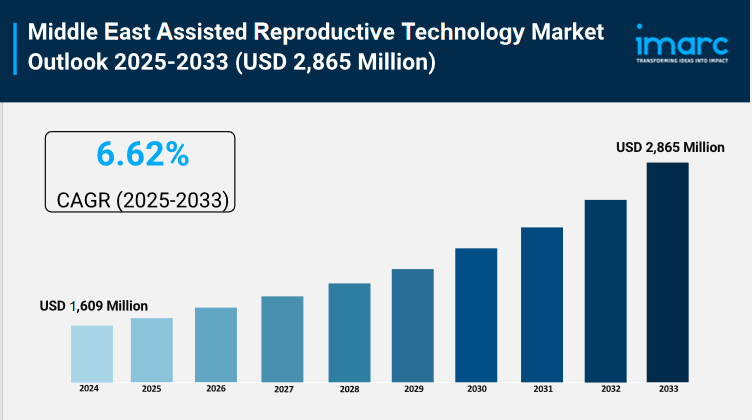
Middle East Assisted Reproductive Technology Market Overview
Market Size in 2024: USD 1,609 Million
Market Size in 2033: USD 2,865 Million
Market Growth Rate 2025-2033: 6.62%
According to IMARC Group's latest research publication, "Middle East Assisted Reproductive Technology Market: Industry Trends, Share, Size, Growth, Opportunity and Forecast 2025-2033", the Middle East assisted reproductive technology market size was valued at USD 1,609 Million in 2024. Looking forward, IMARC Group estimates the market to reach USD 2,865 Million by 2033, exhibiting a growth rate of 6.62% during 2025-2033.
How AI is Reshaping the Future of Middle East Assisted Reproductive Technology Market
Revolutionizing Embryo Selection: AI-powered algorithms analyze thousands of embryo images to identify the most viable candidates for implantation, with SpOvum Technologies launching ARTGPT in November 2024, an AI conversational assistant providing medical guidance to ART patients throughout their treatment journey.
Enhancing Success Rates Through Predictive Analytics: Machine learning models process patient data, medical histories, and treatment responses to predict optimal treatment protocols, helping clinics achieve higher pregnancy rates while reducing the number of IVF cycles needed.
Streamlining Laboratory Operations: AI-driven automation systems monitor incubation conditions, track embryo development stages, and alert embryologists to critical changes, reducing human error and improving overall laboratory efficiency in fertility centers across Dubai, Riyadh, and Doha.
Personalizing Treatment Plans: Advanced AI platforms analyze genetic markers, hormone levels, and lifestyle factors to create customized fertility treatment protocols, enabling clinics like Fakih IVF in the UAE to offer more targeted and effective solutions for individual patients.
Supporting Clinical Decision Making: AI tools assist fertility specialists in making data-driven decisions about medication dosages, timing of procedures, and patient monitoring, with several Middle Eastern clinics integrating these technologies to improve treatment outcomes and patient experiences.
Grab a sample PDF of this report: https://www.imarcgroup.com/middle-east-assisted-reproductive-technology-market/requestsample
Middle East Assisted Reproductive Technology Market Trends & Drivers
The Middle East's assisted reproductive technology landscape is experiencing remarkable transformation, driven by changing demographics and evolving social attitudes. With fertility rates dropping dramatically across the region - the UAE's rate fell from 3.76 births per woman in 1994 to just 1.21 in 2024 according to UN data - there's growing demand for fertility solutions. Countries like Saudi Arabia and Qatar, despite having some of the region's lowest birth rates, are investing heavily in advanced reproductive health infrastructure. This demographic shift, combined with delayed marriage and childbearing trends, has created a substantial market opportunity for ART services.
Cultural acceptance of fertility treatments is growing significantly across the Middle East, breaking traditional taboos around reproductive health discussions. The region's fertility clinics are strategically positioning themselves as medical tourism destinations, attracting patients from neighboring countries and beyond. Major cities like Dubai, Riyadh, and Doha are becoming regional hubs for advanced fertility treatments, with state-of-the-art facilities offering comprehensive ART services. The Middle East Fertility Society's 20,000 USD research grants, supported by Crown Prince Sultan Bin Abdul Aziz Al Saud, demonstrate the region's commitment to advancing reproductive medicine and supporting couples facing infertility challenges.
Government healthcare initiatives and insurance coverage expansions are making ART treatments more accessible to middle-class families across the region. Countries like the UAE and Saudi Arabia are implementing national health strategies that include fertility treatments as part of comprehensive healthcare packages. Private healthcare sectors are flourishing, with international partnerships bringing cutting-edge technologies and expertise to local markets. The region's young, educated population is increasingly aware of available fertility options and more willing to seek professional help, creating sustained demand for specialized reproductive services and advanced treatment protocols.
The middle east enterprise content management market report provides a comprehensive overview of the industry. This analysis is essential for stakeholders aiming to navigate the complexities of the market and capitalize on emerging opportunities.
Middle East Assisted Reproductive Technology Industry Segmentation
The report has segmented the market into the following categories:
Product Insights:
Instrument
Sperm Separation System
Cryosystem
Incubator
Imaging System
Ovum Aspiration Pump
Cabinet
Micromanipulator
Laser Systems
Others
Accessory and Disposable
Reagents and Media
Cryopreservation Media
Semen Processing Media
Ovum Processing Media
Embryo Culture Media
Type Insights:
In-Vitro Fertilization (IVF)
Fresh Donor
Frozen Donor
Fresh Non-Donor
Frozen Non-Donor
Artificial Insemination
Intrauterine Insemination
Intracervical Insemination
Intravaginal Insemination
Intratubal Insemination
End Use Insights:
Fertility Clinics and Other Facilities
Hospitals and Others
Country Insights:
Saudi Arabia
Turkey
Israel
United Arab Emirates
Iran
Iraq
Qatar
Kuwait
Oman
Jordan
Bahrain
Others
Recent News and Developments in Middle East Assisted Reproductive Technology Market
November 2024: SpOvum Technologies introduced ARTGPT, a breakthrough AI-based conversational assistant specifically designed for ART patients, providing accurate medical guidance based on indexed medical literature and enhancing patient education throughout fertility treatment journeys.
August 2024: The UAE launched new fertility treatment programs targeting the country's declining birth rate of 1.21 births per woman, with major fertility centers in Dubai and Abu Dhabi expanding their services to include advanced genetic screening and personalized treatment protocols.
October 2024: The Middle East Fertility Society reported a 24.3% decline in regional fertility rates over the past decade, prompting increased investment in ART infrastructure and the establishment of specialized fertility research centers across Saudi Arabia, Qatar, and the UAE.
Competitive Landscape:
The competitive landscape of the industry has also been examined along with the profiles of the key players.
Note: If you require specific details, data, or insights that are not currently included in the scope of this report, we are happy to accommodate your request. As part of our customization service, we will gather and provide the additional information you need, tailored to your specific requirements. Please let us know your exact needs, and we will ensure the report is updated accordingly to meet your expectations.
About Us
IMARC Group is a global management consulting firm that helps the world's most ambitious changemakers to create a lasting impact. The company provides a comprehensive suite of market entry and expansion services. IMARC offerings include thorough market assessment, feasibility studies, company incorporation assistance, factory setup support, regulatory approvals and licensing navigation, branding, marketing and sales strategies, competitive landscape and benchmarking analyses, pricing and cost research, and procurement research.
Contact Us
IMARC Group 134 N 4th St. Brooklyn, NY 11249, USA
Email: sales@imarcgroup.com Tel No:(D) +91 120 433 0800 United States: +1-201971-6302

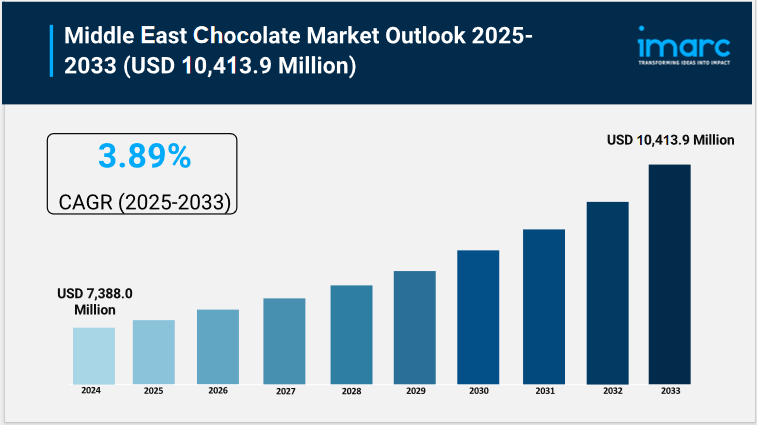
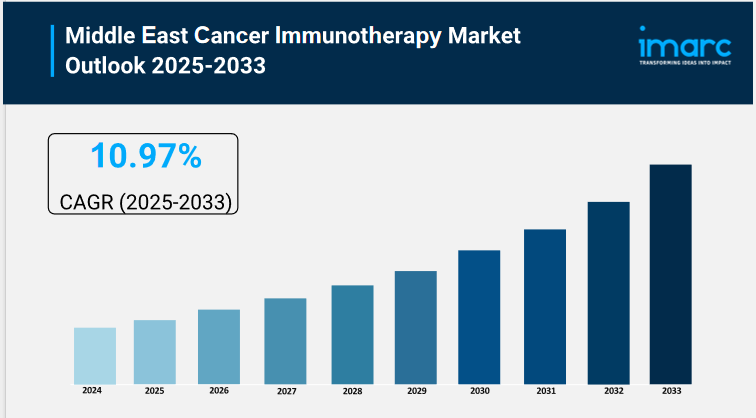

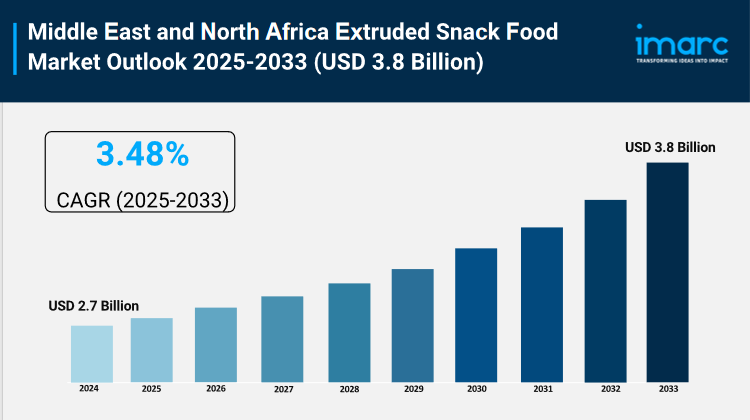
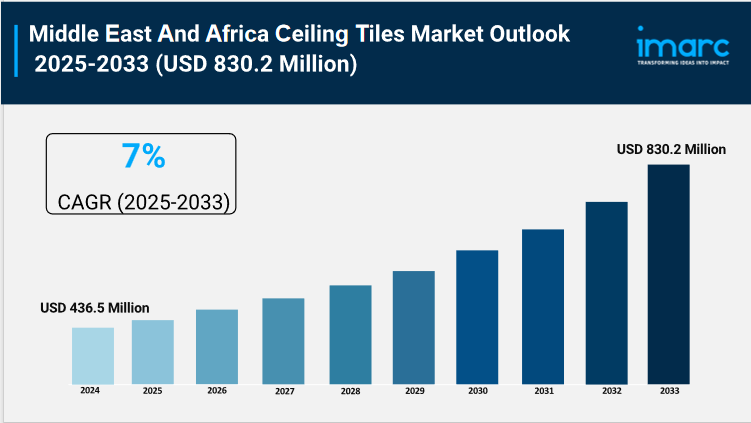
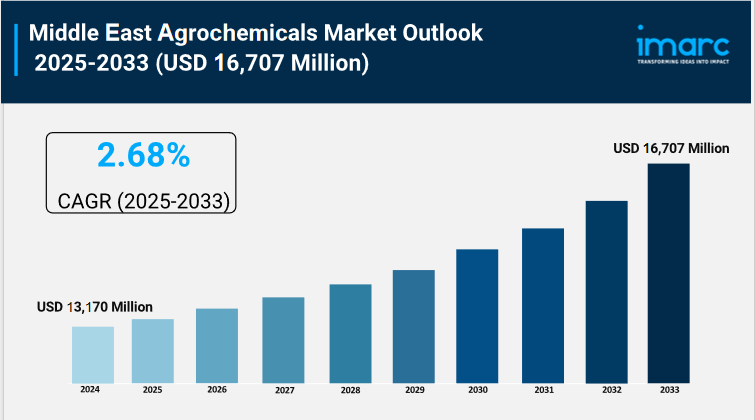



Write a comment ...